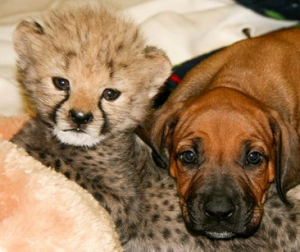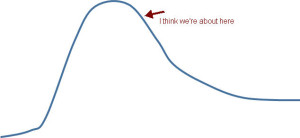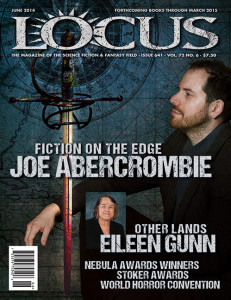Even though I write science fiction and fantasy, I am a member of the Romance Writers of Australia (RWA). I’ve been a member for years. I initially joined on the recommendation a fellow fantasy writer, who said she found it the most professional writers’ group she knew of for people who were serious about writing.
She was right.
Obviously, given what we (my co-author and I) write, I’m not the RWA’s target membership. I’m okay with that. I still get value out of the membership. And our stories do have romantic elements, so I’m not completely there under false pretences.
Recently, RWA reclassified their membership groupings. The new classifications are:
- Aspiring … developing/writing a romance/romantic elements manuscript, developing their understanding of the craft and/or thinking about or actively entering contests.
- Emerging … has had a romantic/romantic elements work commercially available or under contract for fewer than three years or … is consistently making the finals round in writing contests, is submitting and receiving requests from publishers or agents, or who has already secured an agent.
- Established … has a romantic/romantic elements work commercially available or under contract, and … consistently/actively publishing longer than three years.
The italics are mine.
Initially all members are ‘aspiring’ authors, unless they reclassify themselves. Herein lies my dilemma. Technically, I would be an ’emerging’ writer. I (we) have an agent. I (we) have a book under contract. Three books, in fact. Except … the book is pure science fiction. It’s a space opera and there isn’t any romance in this first book. (There was, initially, but we took it out to extend the relationship over the whole series.)
Decisions, decisions. Do I leave myself as ‘aspiring’ because I don’t meet the ‘romantic/romantic elements’ component? Or do I reclassify myself as ’emerging’.
Still, it’s a nice dilemma to have.



